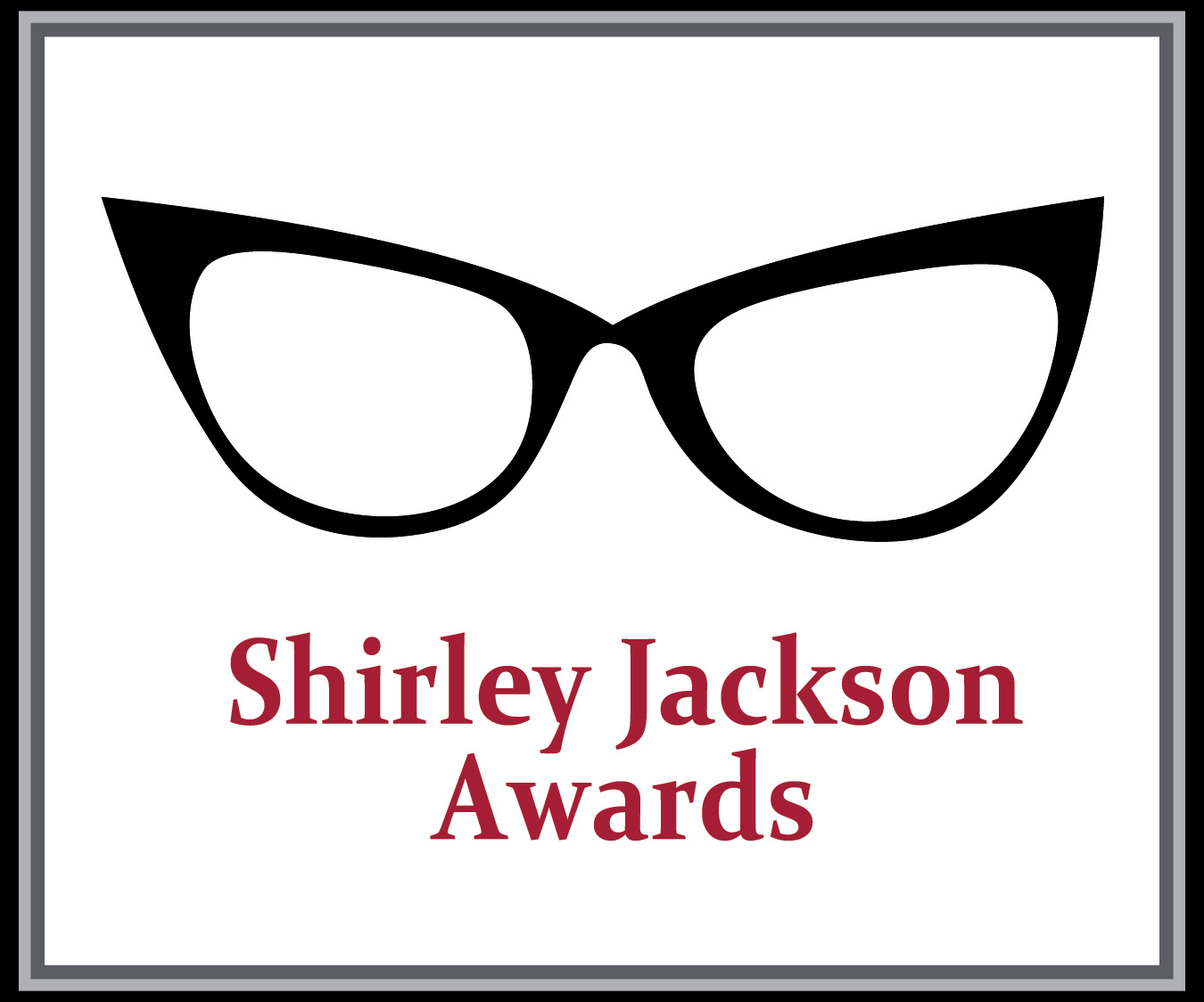Lou Anders and Jonathan Strahan
Hi! Thanks for agreeing to do the interview. What’s the appeal of sword and sorcery for you and what made you decide to edit an anthology devoted to such a sub-genre?
Lou Anders: I grew up on sword & sorcery and was a much more avid reader of S&S than of epic fantasy. I started with the sword and planet of Edgar Rice Burroughs and quickly worked my way into Michael Moorcock, Robert E. Howard, and Fritz Leiber. I’ve largely ignored the big epic fantasies as a reader and have always gravitated more to the grittier, more personal, character-driven tales of S&S. In the last few years, it seemed like not only was there a resurgence of S&S, but also a melding of S&S sensibilities with epic fantasy scale narratives, that if we were both going to do it, we shouldn’t do it separately but should combine our forces.
Jonathan Strahan: I think the appeal of swords and sorcery is that it’s one of the purest forms of adventure fiction we have left. It focusses on characters in perilous circumstances taking direct, physical action to remedy problems that are often and dark and mysterious. What’s not to love?
The reason I was looking to edit a swords and sorcery anthology was that I could see that there seemed to be something new, or at least energetic, happening in fantasy. Stories were appearing that were either true swords and sorcery (in the pages of Black Gate for example) or that strongly featured elements of swords and sorcery (books like Steven Erikson’s Malazan Empire novels, Joe Abercrombie’s work, and so on). I thought it would be fun to edit a book that would explore what was happening.
What did you end up co-editing the book together? What was the collaboration process like?
LA: I wanted to explore this aforementioned resurgence of swords & sorcery and its blending with the epic. It turned out that Jonathan was observing much the same thing as I was. I don’t remember who approached who first, but it was at the World Fantasy Convention in Saratoga Springs (J, correct me if I’m wrong), and we realized that rather than publish competing anthologies, we should combine our forces and do a book together.
JS: Lou tells the story well: we’d come to the same conclusions independently, and in a bar at a convention somewhere (I think we discussed it in Saratoga Springs, but perhaps really progressed it in Calgary) we mentioned our plans to one another. I remember thinking I really didn’t want to compete with a book from Lou, whose work I admire greatly, so I suggested we team up. Lou was amenable, and things went incredibly smoothly. We sketched out the proposal, sold the book, and then worked hand-in-hand with Diana Gill to bring it to fruition.
In your opinion, has sword and sorcery been evolving and adapting for today’s readers?
LA: I think that sword and sorcery has evolved in several key ways. First, it has evolved in line with the field itself, which is to say, rich complex character-oriented stories are the order of the day, and S&S has grown along with the rest of the field. This has produced novels like Scott Lynch’s The Lies of Locke Lamora and James Enge’s The Wolf Age, which are rich, dense narratives that could each contain in their pages multiple numbers of the shorter novels that comprised S&S in its heyday. Secondly, the definition of what constitutes S&S has grown and evolved. There are those who would like to limit the genre to imitations of Robert E. Howard, but I feel strongly that to do so would be to declare S&S dead and its modern practitioners merely purveyors of pastiche. So in growing beyond the constraints of naked barbarians plundering strange temples, you get broader works like Glen Cooke’s Black Company series, with its grunts eye view of soldiers in the service of a (dark?) lord, or Saladin Ahmed’s tales of Doctor Adoulla Makhslood, a “ghul hunter” in an Islamic-inspired secondary world whose personal piety might see him disqualified as “true S&S” by those who feel that greedy self-interest is a prerequisite of a sword and sorcery protagonist. Finally, you get the “post George R R Martin” epic fantasy narratives, which take epic fantasy’s larger-scope focus on kingdoms in conflict and apply a “sword and sorcery sensibility” to its morally gray cast. While these narratives aren’t technically S&S, they couldn’t exist without the thesis-synthesis of epic and S&S and are therefore the children of S&S if not S&S themselves. And finally, and perhaps most controversially, I”m not sure if the profusion of urban fantasy today, with its narratives of young, bare-bellied and tattooed woman fighting demons and vampires and ghosts (often with swords!) doesn’t owe just a tiny bit to C.L. Moore’s Jirel of Joiry. Even if it doesn’t, the recent trend in urban fantasy to move its tropes to historical settings may see a new type of S&S evolve, though whether its readers or S&S’s core readership will recognize it as such remains to be seen.
JS: I think it has evolved and adapted. There have been keepers of the flame like Black Gate who have ensured that quality swords and sorcery existed in the world, but writers like Scott Lynch, Joe Abercrombie, and even George Martin have broadened its palette, bringing in richer, more complex characters; more nuanced politics and so on. It’s moved into the real world. It still has a long way to go, but it is happening, and I like to think the Swords and Dark Magic has played a part in it.
Please help support the Shirley Jackson Awards. Click here for details.
